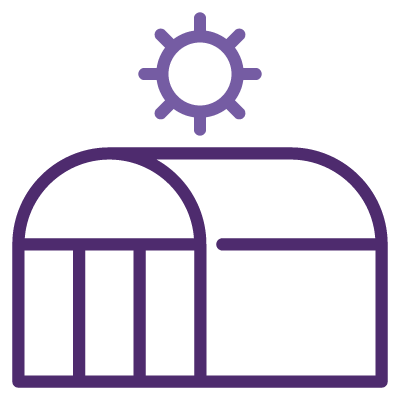Buildings & Systems
The first academic community in the world to incorporate sustainable design, living and learning from the ground up, Eden Hall is a living laboratory where the science, culture, economics, and politics of sustainability can be experimented with and explored in a uniquely hands-on way.
Eden Hall is first and foremost an accessible community. We serve as a model and demonstration site for developers and contractors, engaging everyone from ecotourists to elementary school children in educational and recreational activities.
"Eden Hall is designed to reach a vast set of audiences, to interface with the community, and to bring people to this place. I think that’s part of what makes it such a dynamic environment.”
— Sandy Mendler, principal, Mithun


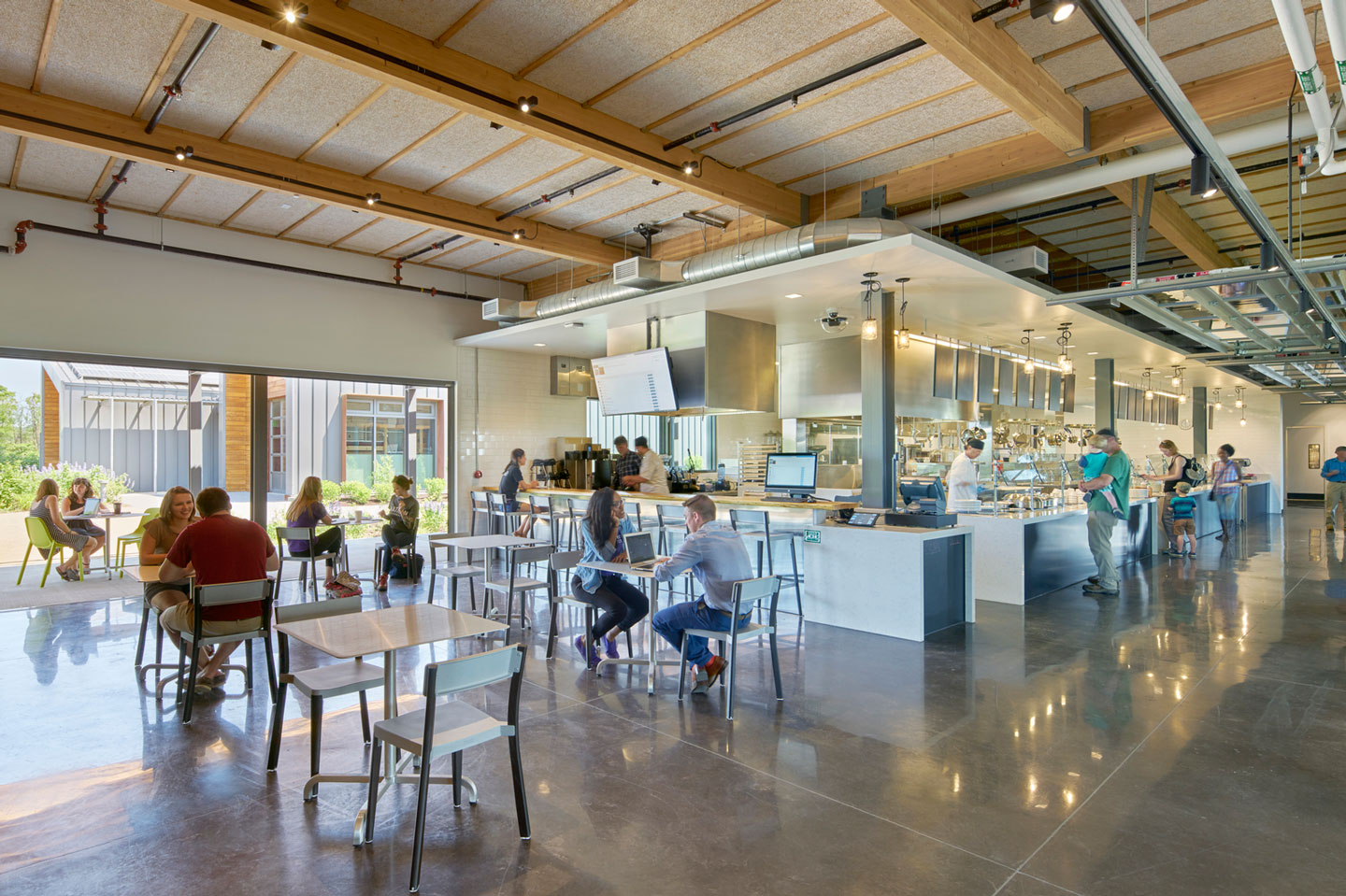

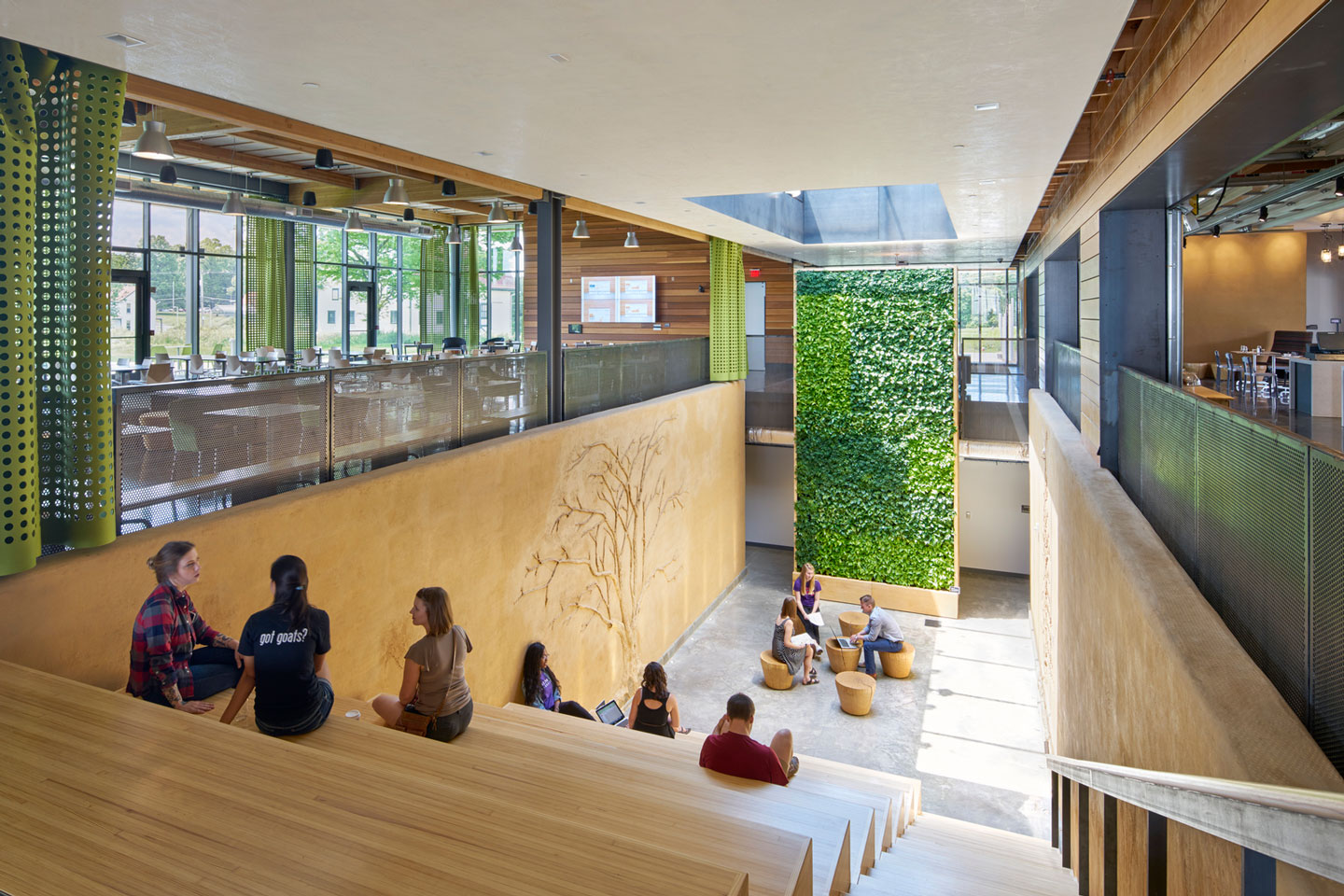
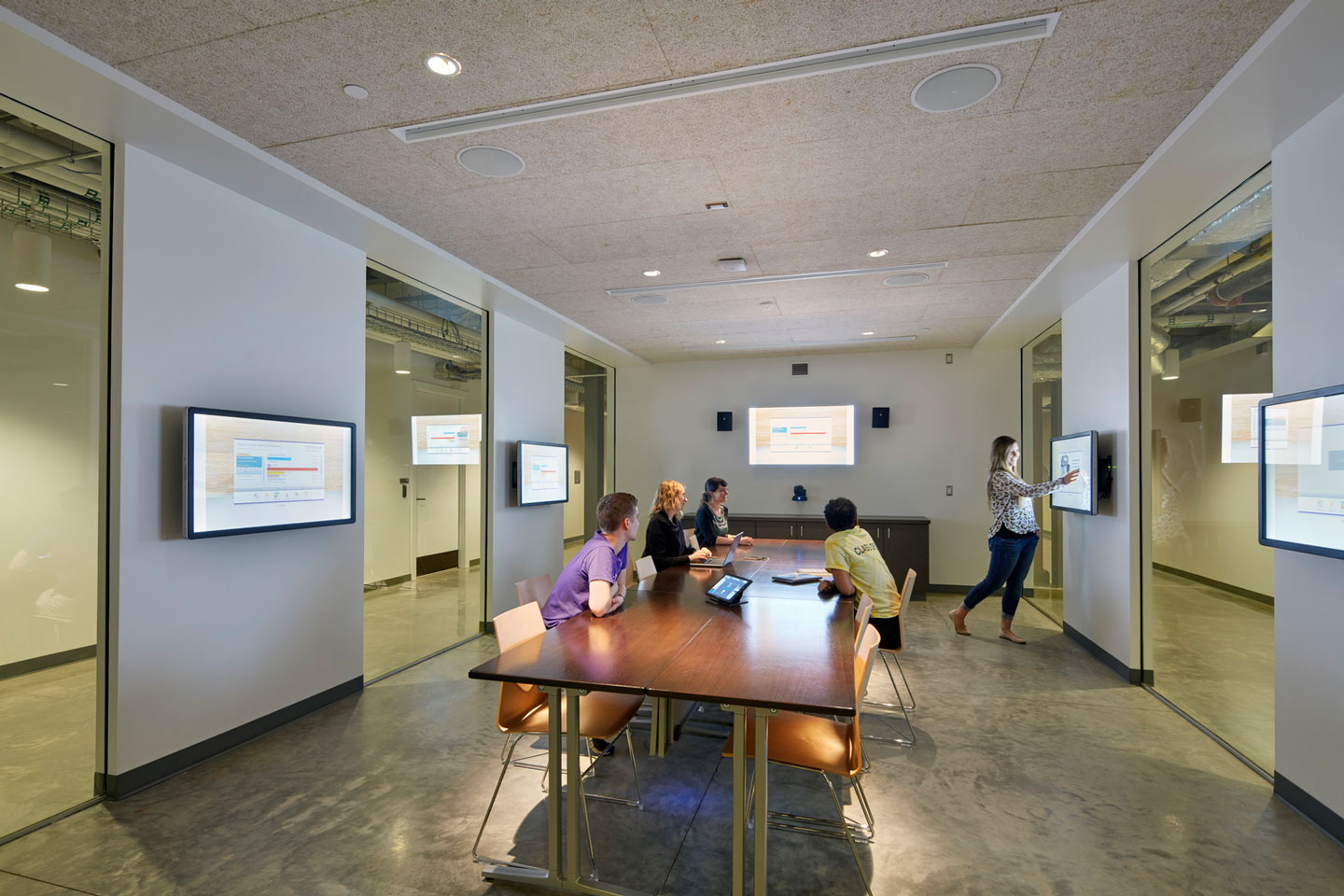

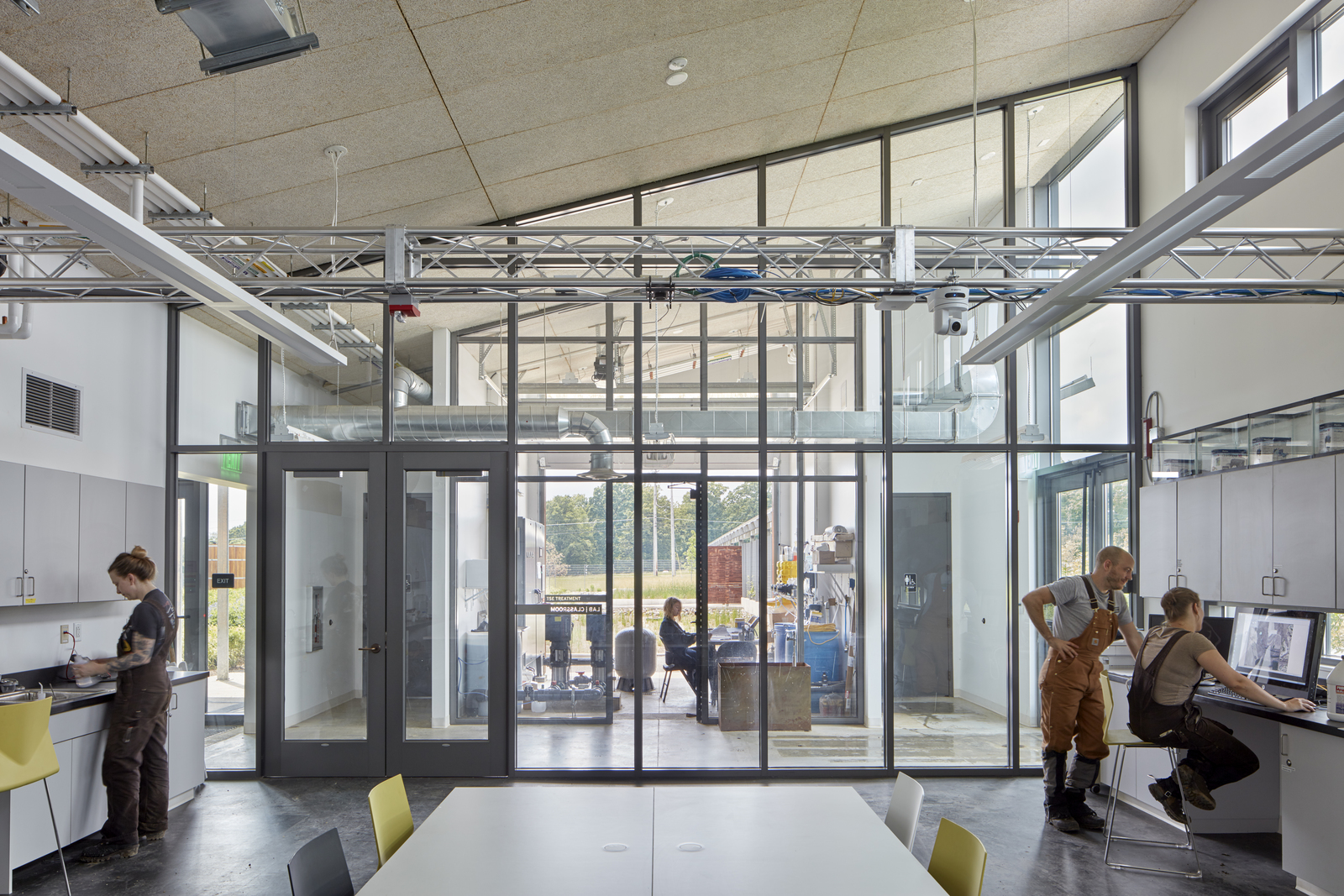

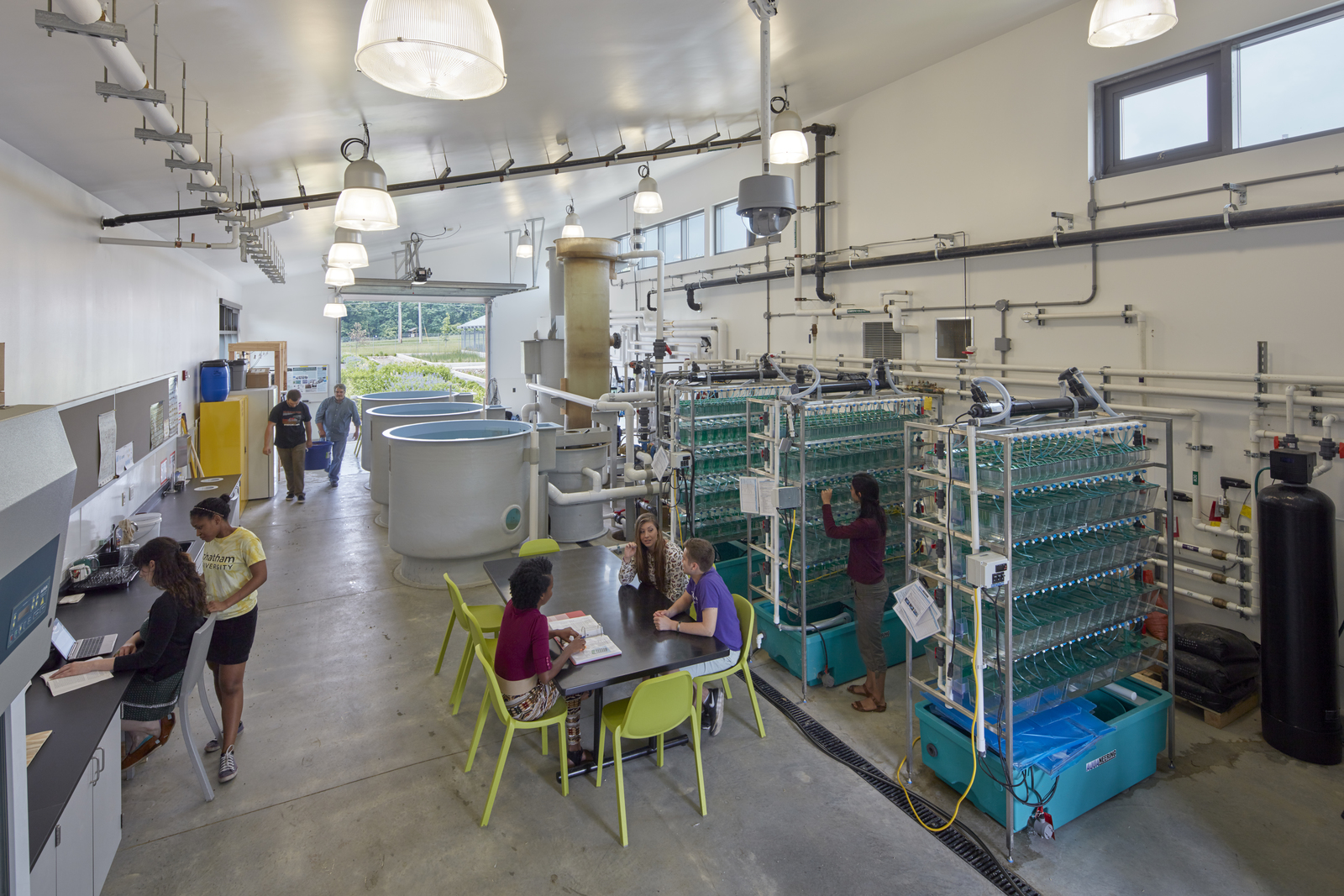


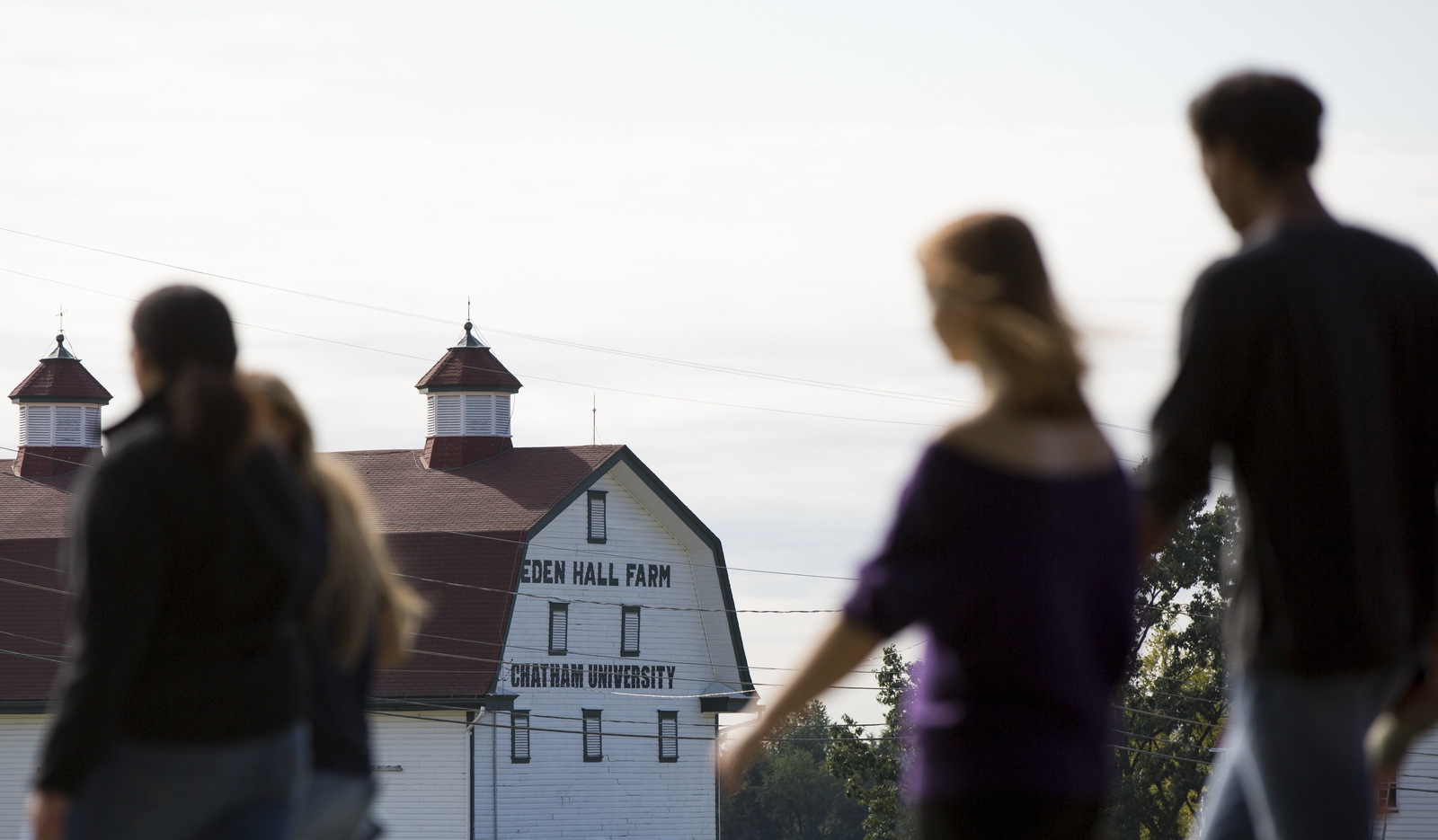
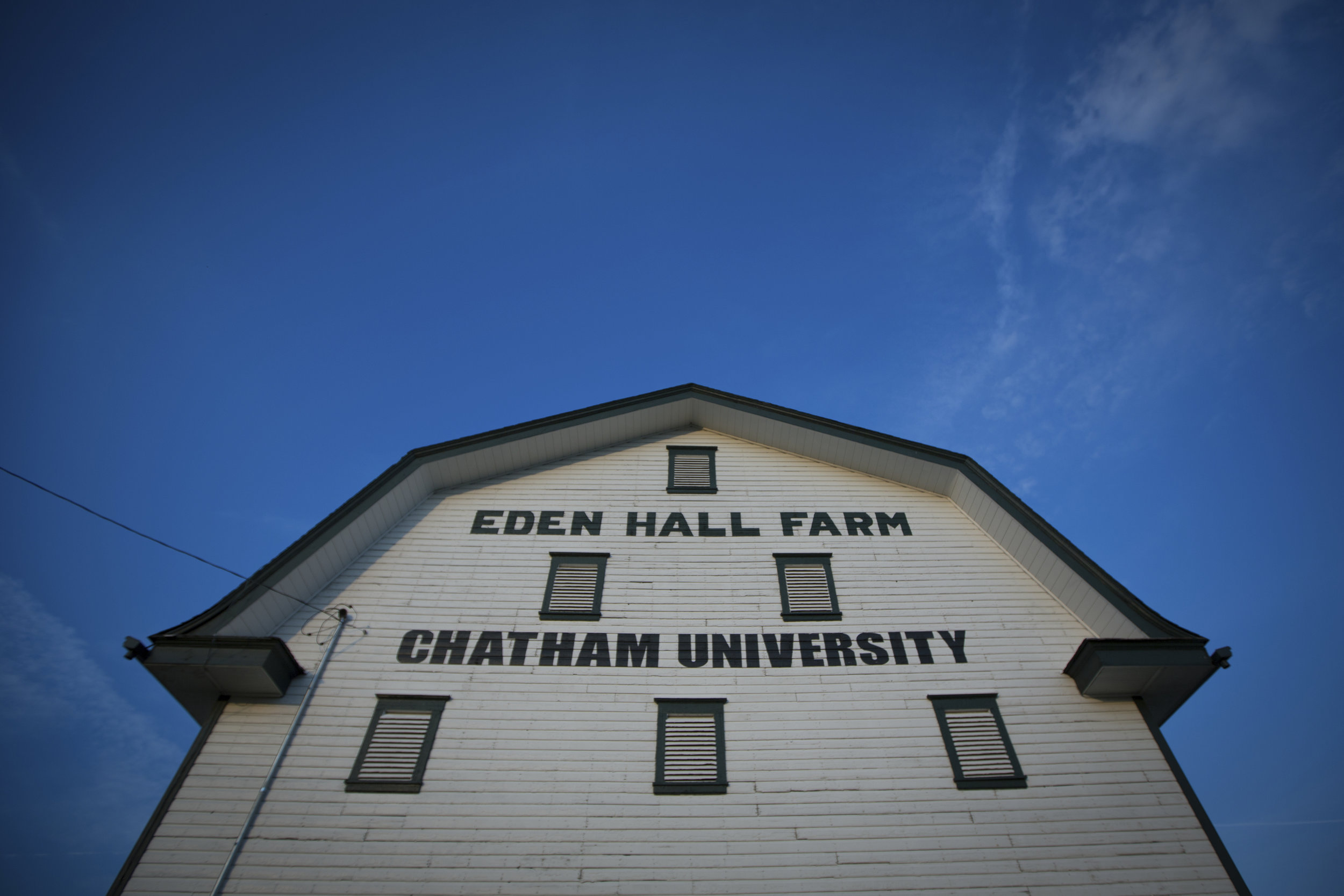
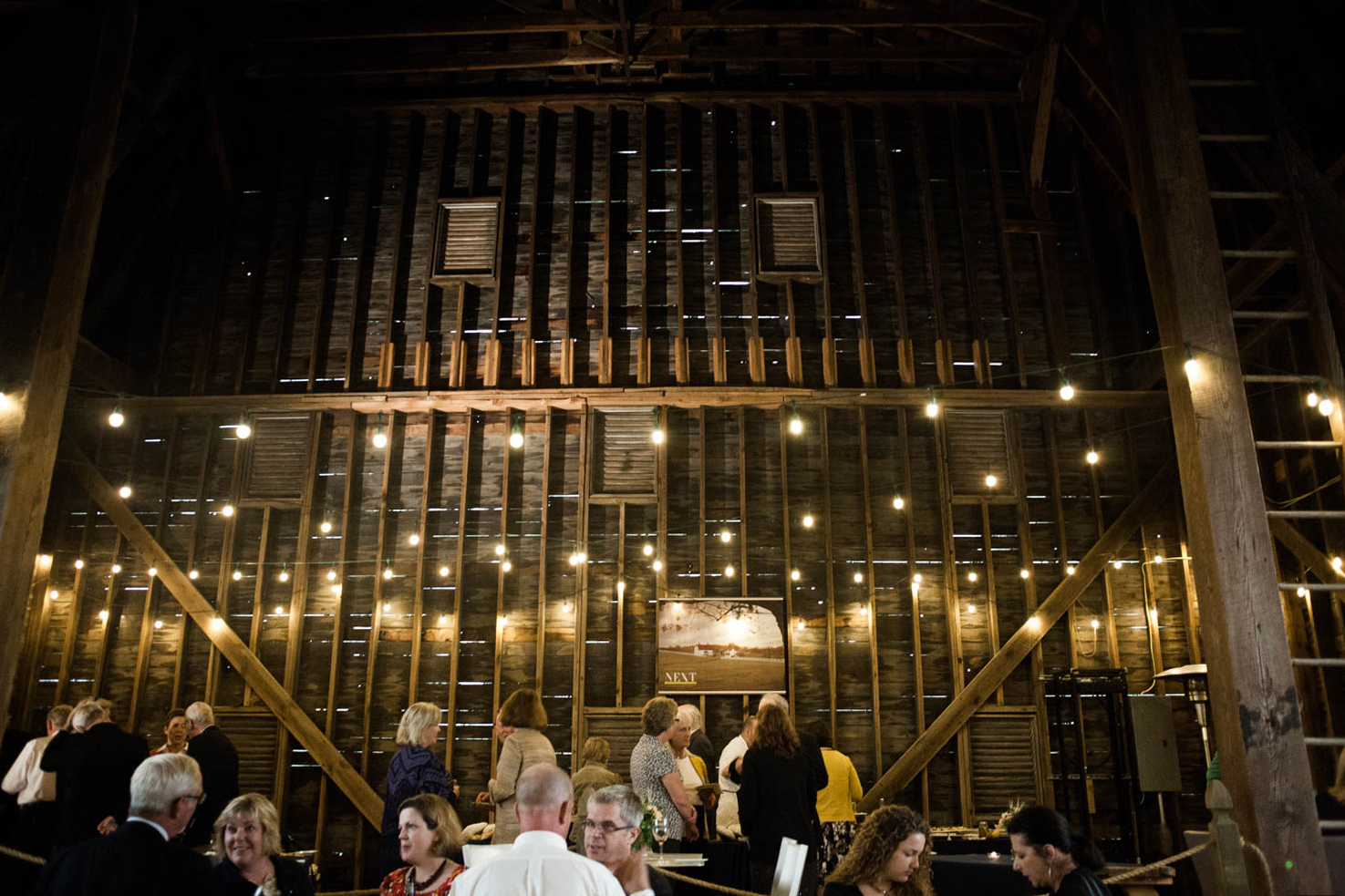


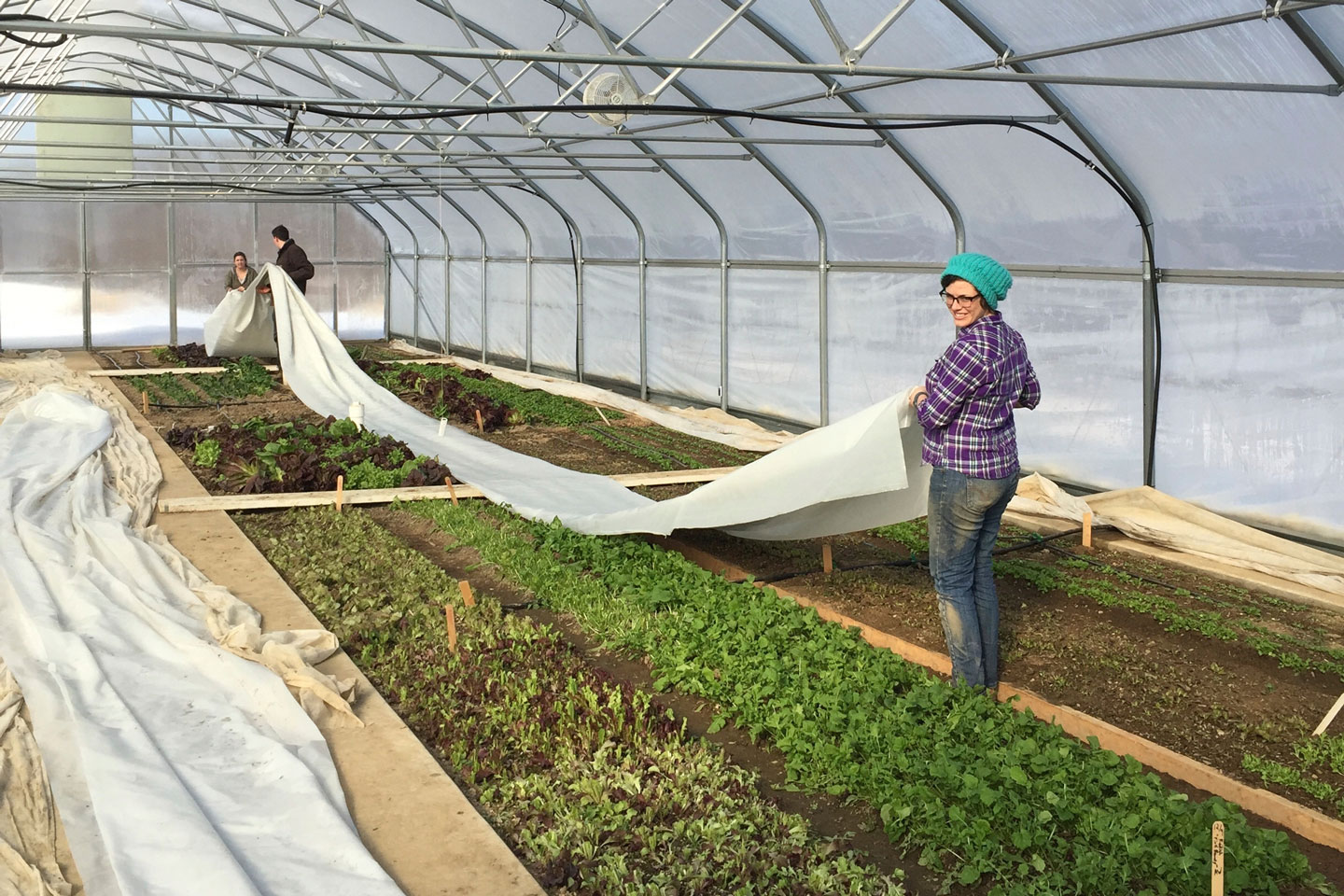
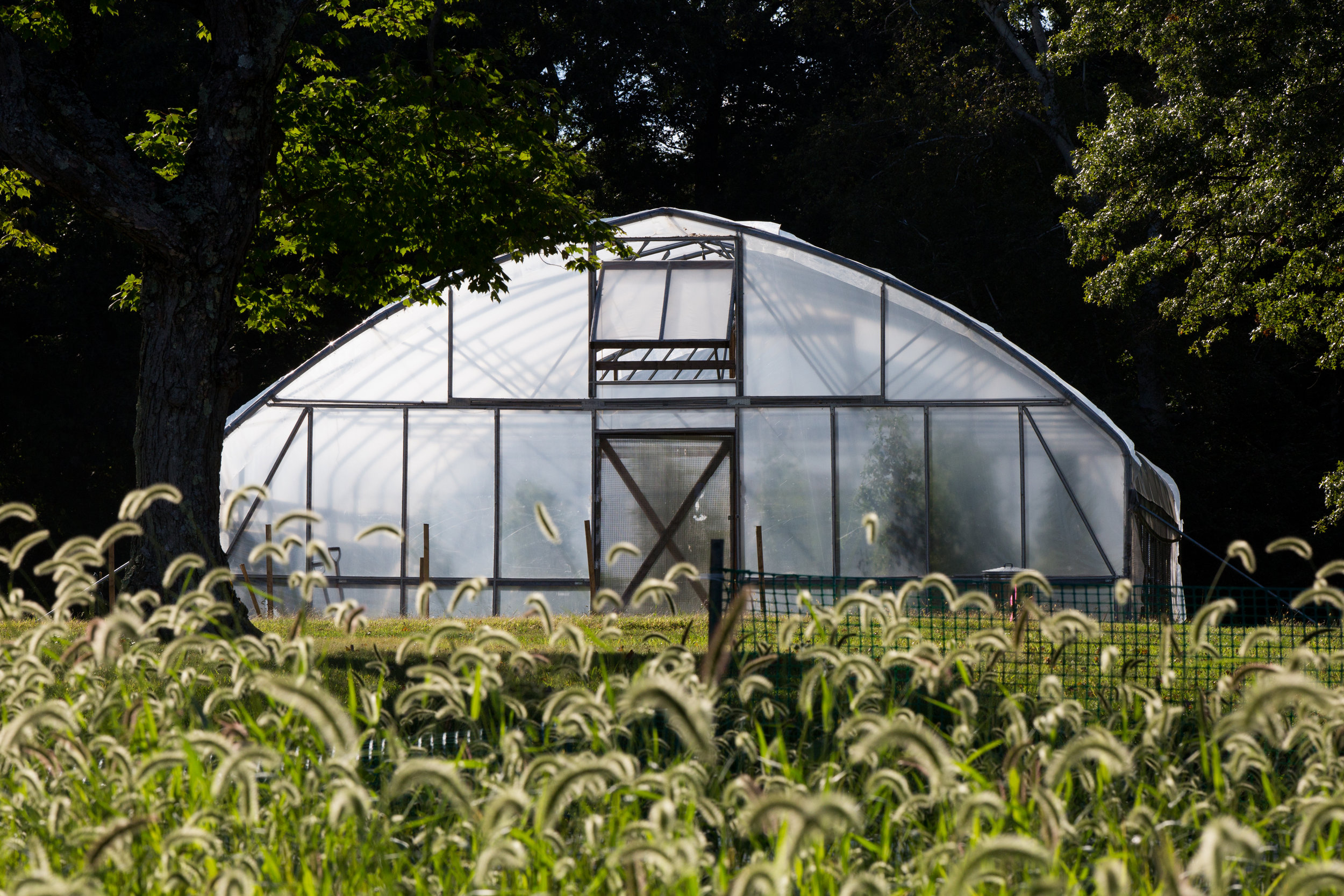
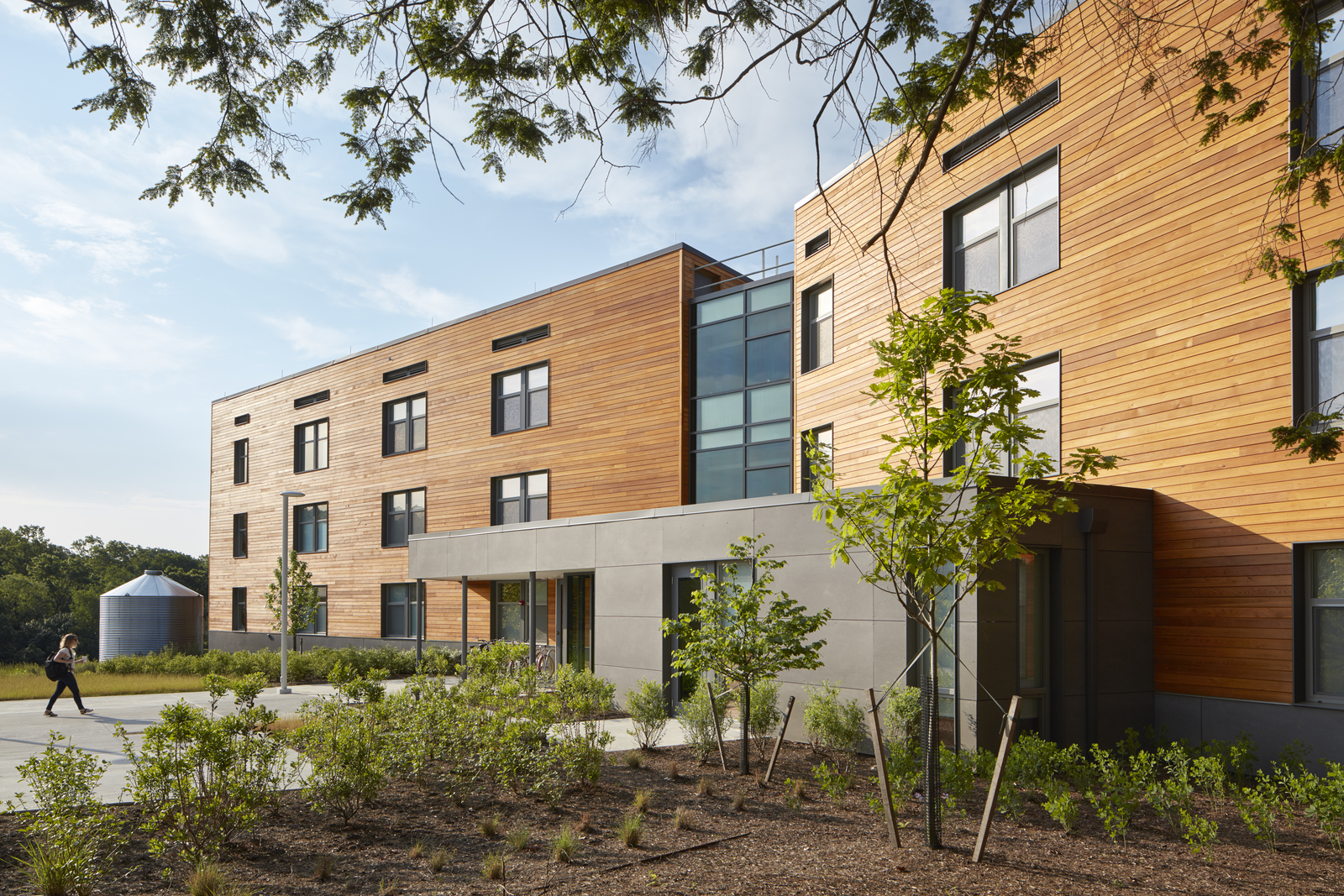
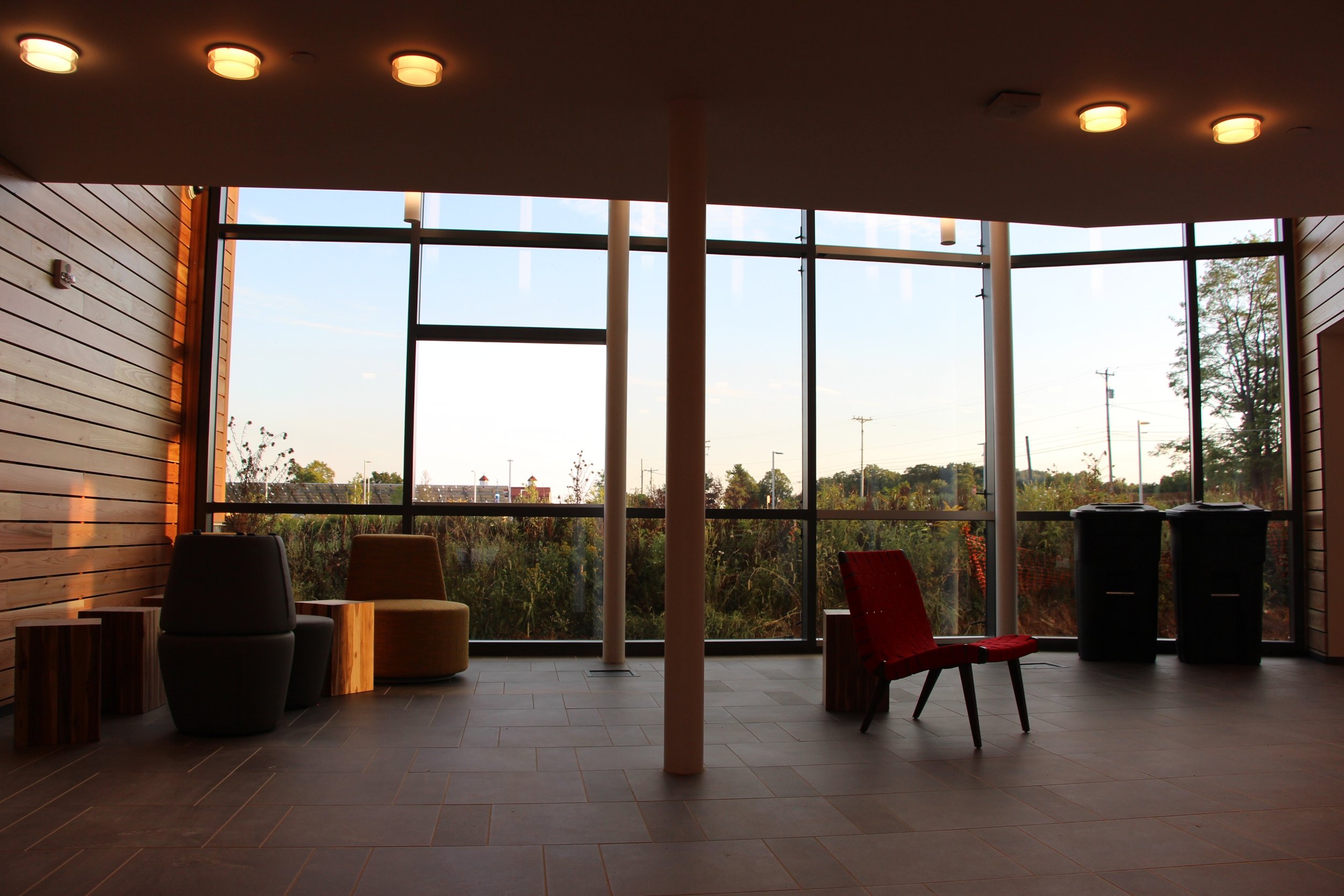
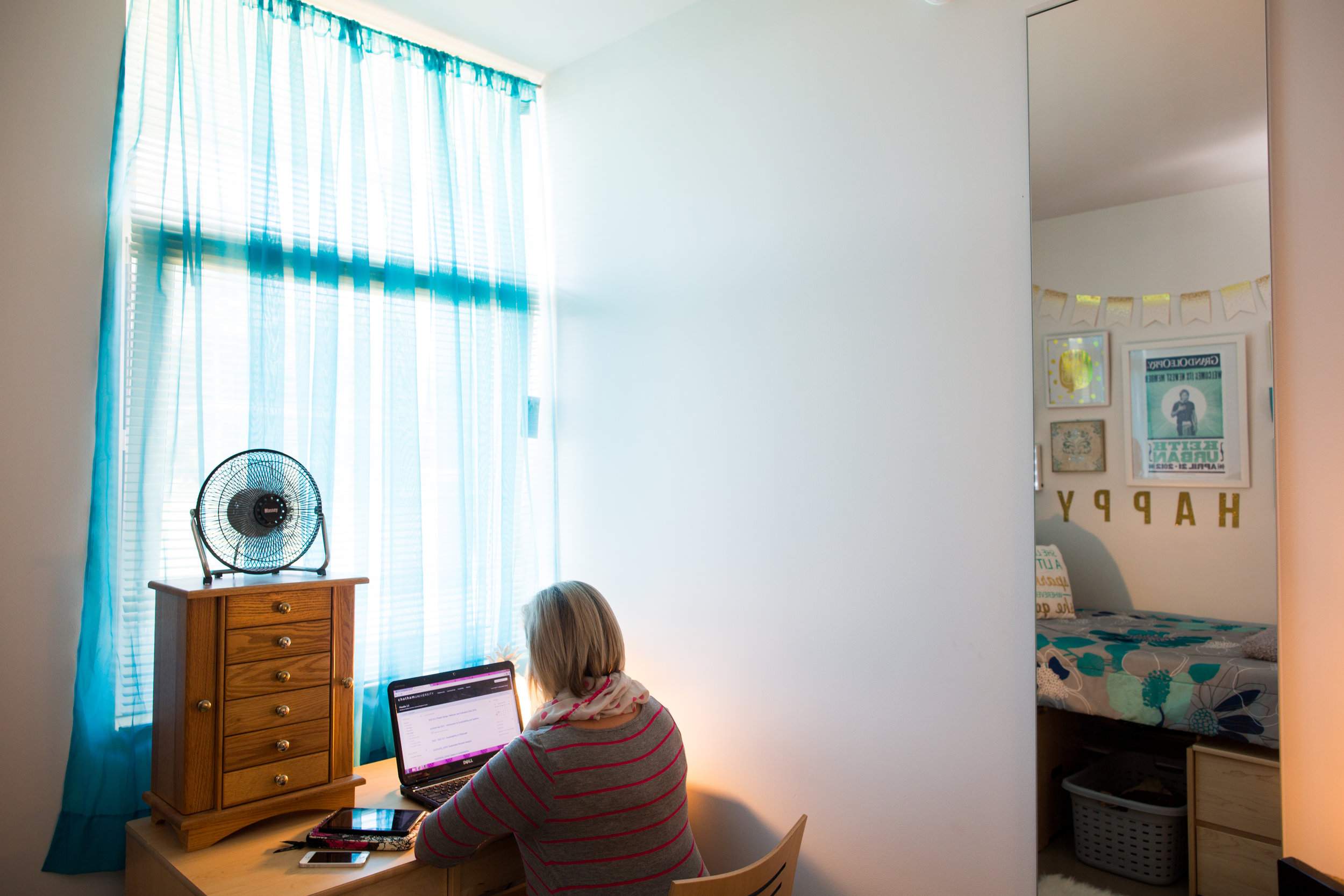
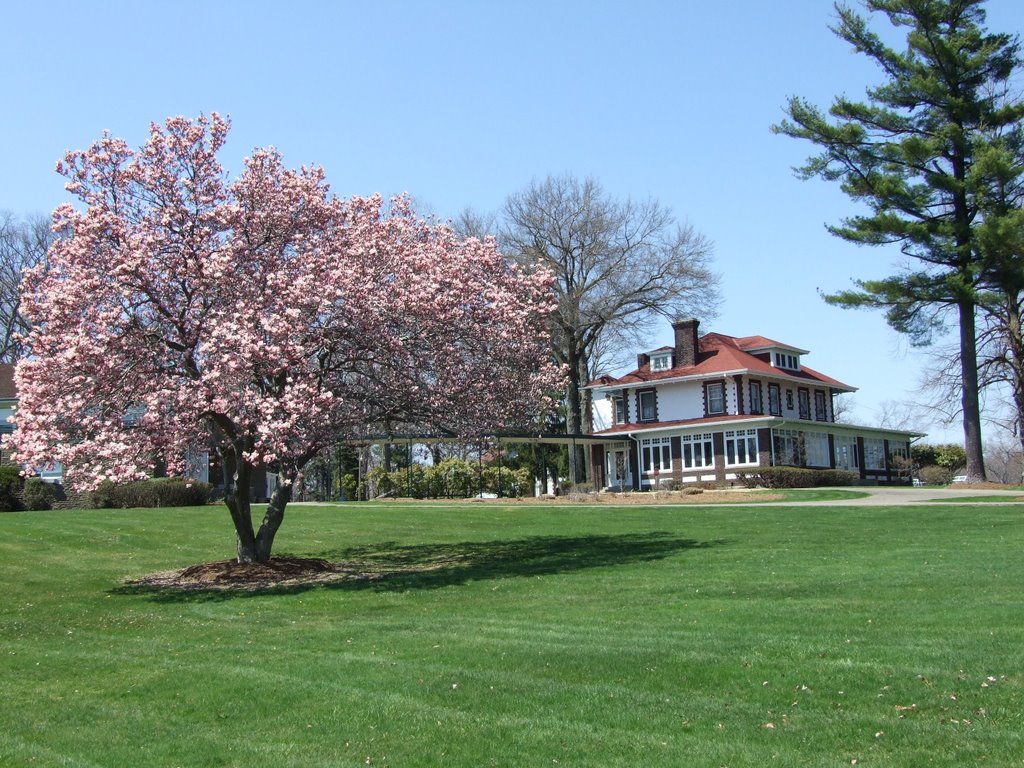
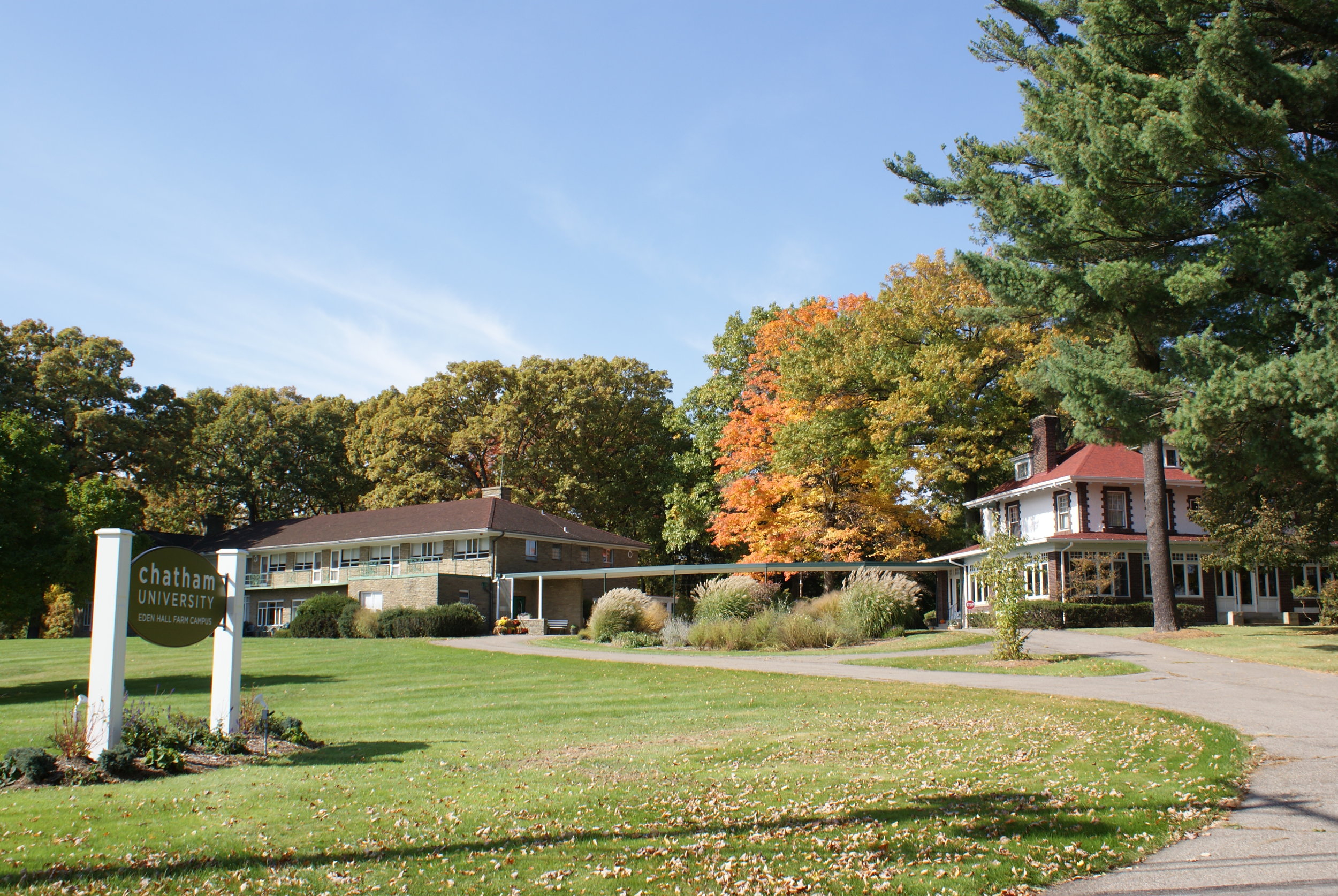
Sustainable Systems
GEOTHERMAL
An underground geothermal heating system enables campus buildings to share heat energy. The energy is also stored to provide heat during colder months and cooler air during warmer months.
BY THE NUMBERS
40 geothermal wells, drilled 485 feet into the earth, that heat and cool buildings.
Solar
Photovoltaic panels on Orchard Hall, the Field Lab, Barazzone Center, Cafe Anne, the solar canopy, and even the high tunnel turn the sun's rays into useable energy for the campus. Energy that does not get used feeds back into the public electric grid, and Chatham gets an energy credit for the future.
BY THE NUMBERS
400 large solar panels generate 126,000 kilowatt hours annually, enough to power 14 homes for a year.
Water
Stormwater is managed by five rain gardens that collect and direct water flow to gravel walkways that make it easier for rainwater to reach the soil below, and a rainwater harvesting system that gathers and cleans the water and then uses it for crop irrigation. Eden Hall also treats wastewater onsite through a six-step process that mimics nature. The system can handle up to 6,000 gallons each day.
BY THE NUMBERS
The wastewater system can treat onsite up to 6,000 gallons each day.
Polytunnels
The high tunnel and two moveable greenhouses at Eden Hall Campus allow us to extend crops' growing seasons. This continuous growing cycle supplies fresh food to Eden Hall and our Shadyside Campuses' kitchens.
BY THE NUMBERS
A 12-month growing cycle made possible by a high tunnel and greenhouse agricultural system
WASTE MANAGEMENT
Various waste options are encouraged at Eden Hall Campus. Where reusables can be used, they are, like in our flatware and drinkware used in the Barazzone Center. Composting of food waste, along with compostable cups, lids, and utensils helps lessen the amount that lingers in landfills. We make it easy to recycle paper, glass, cardboard, and plastics across campus, and stations are even available to collect batteries, printer cartridges, and more.
Aquaculture
Inside the Field Lab lives Eden Hall Campus's aquaculture system. Consisting of three tanks, research stacks, and a variety of other features essential to the system.
BY THE NUMBERS
1,500-gallon commercial style freshwater aquaponics system.
ORGANIC AGRICULTURE
Eden Hall Campus practices organic agricultural practices in its greenhouse, organic garden, and larger Alsalma field. Through continued practice and verification, Eden Hall Campus was granted a Certificate of Organic Operation from Pennsylvania Certified Organic. This Certificate guarantees that the Farm is compliant with the United States Department of Agriculture’s National Organic Program (7 CFR Part 205), and that products grown on the farm meet all organic standards.
BY THE NUMBERS
Eden Hall Campus participates in collaboration with more than 250 regional farmers and producers.
ELECTRIC CAR CHARGING STATIONS
More than four-hundred photovoltaic panels on campus turn solar energy into electricity. This presents a prime opportunity for car charging stations on campus, which incentivizes commuters to move away from fossil fuel dependent vehicles.







